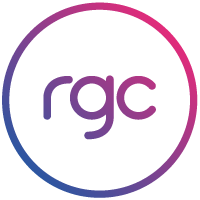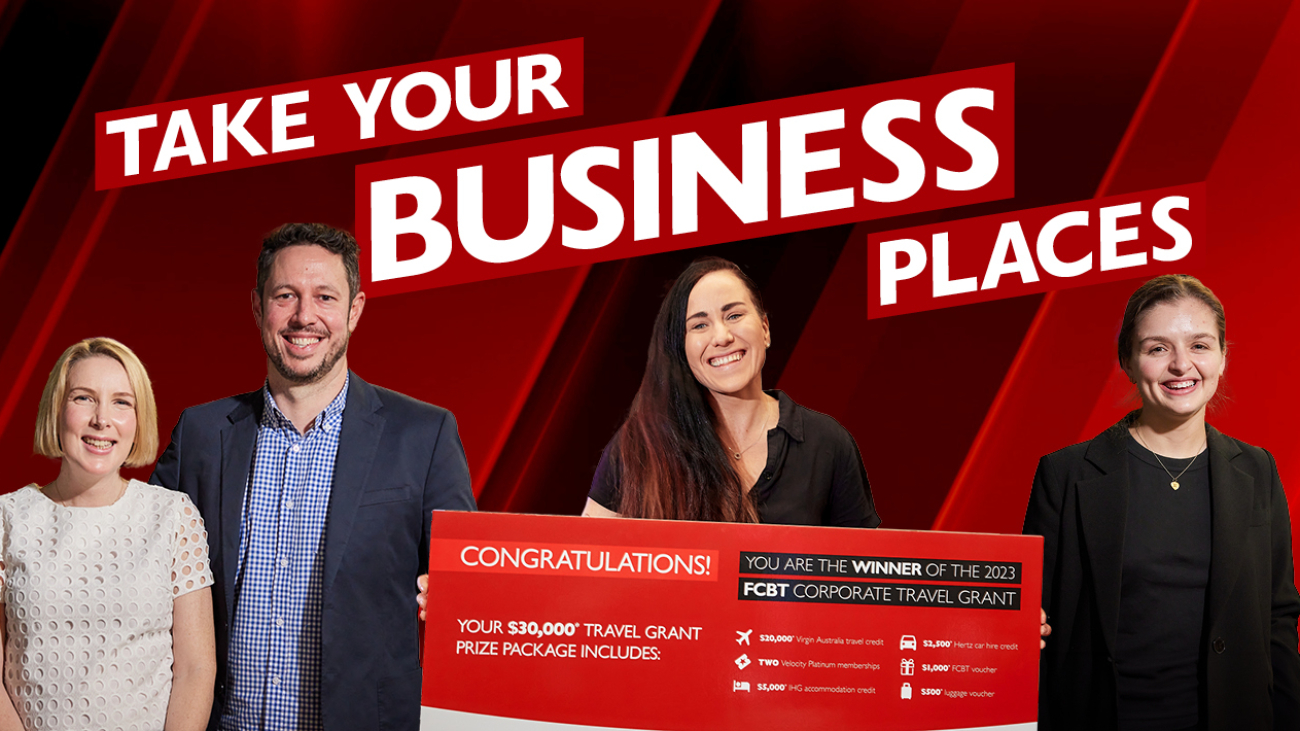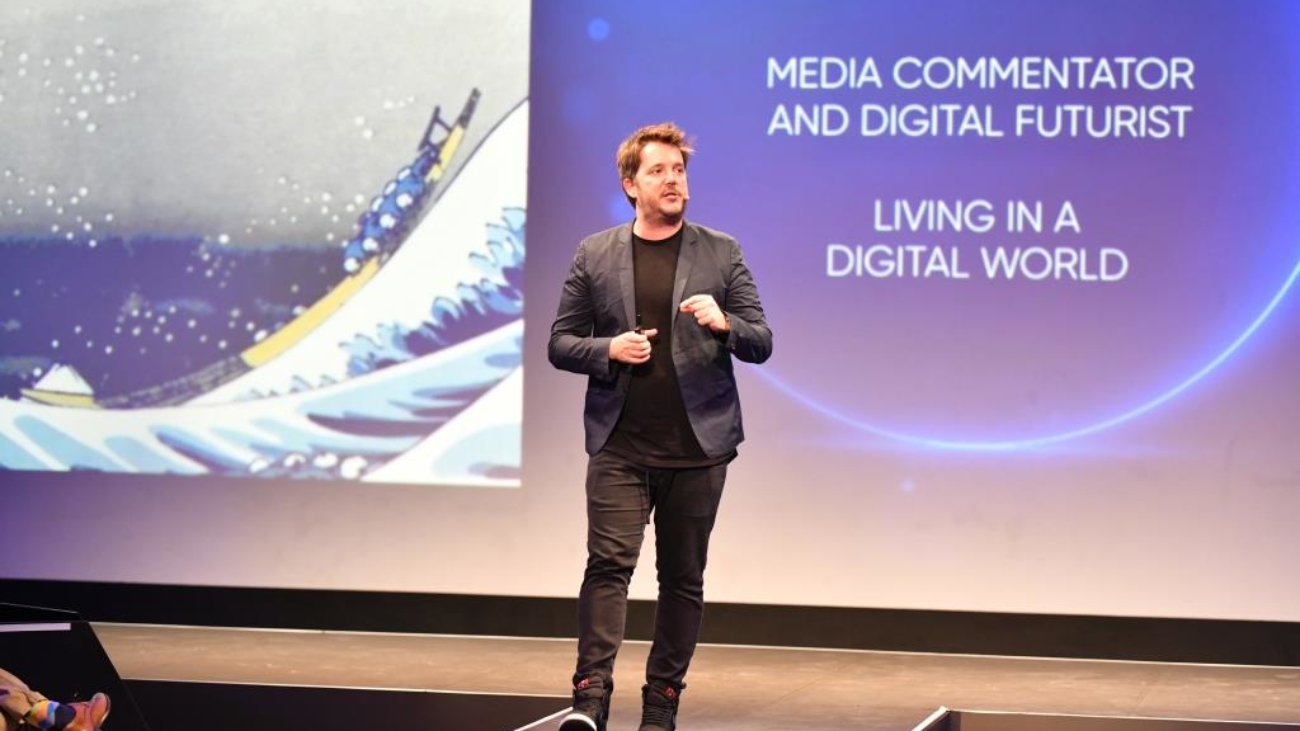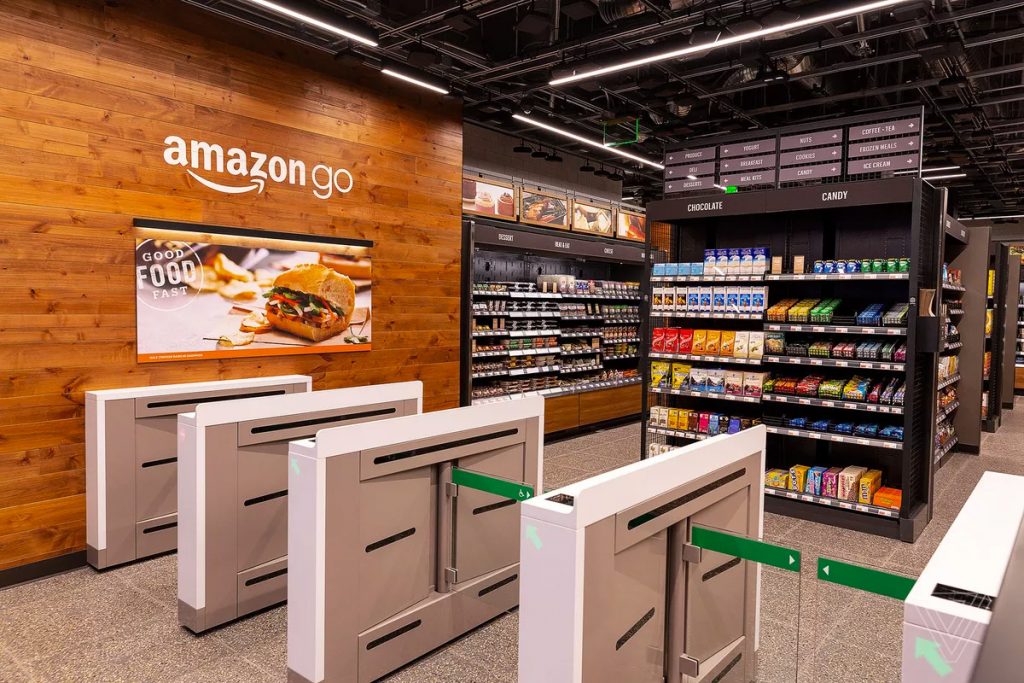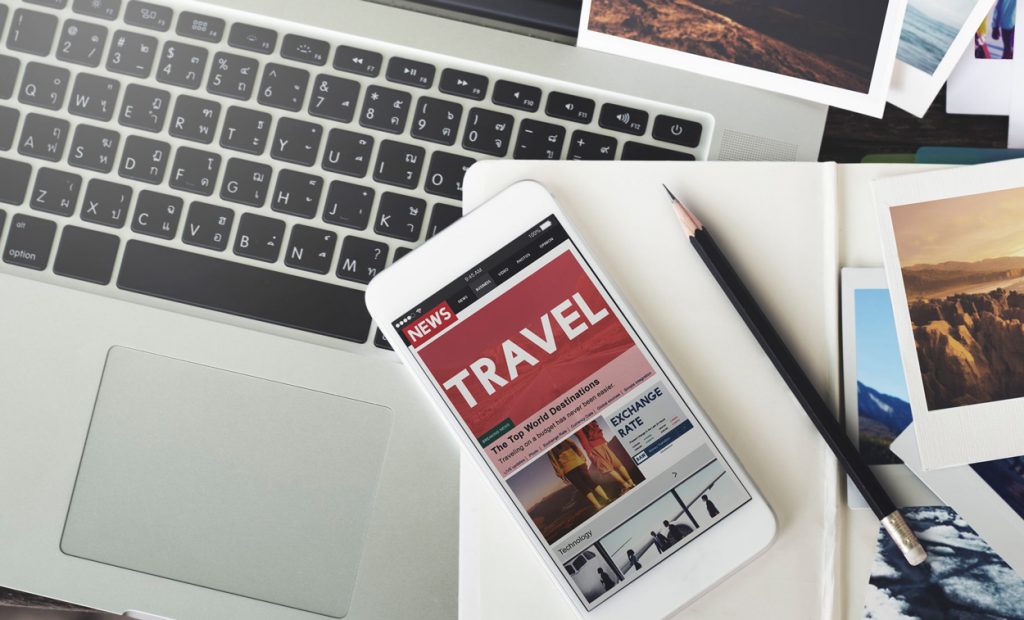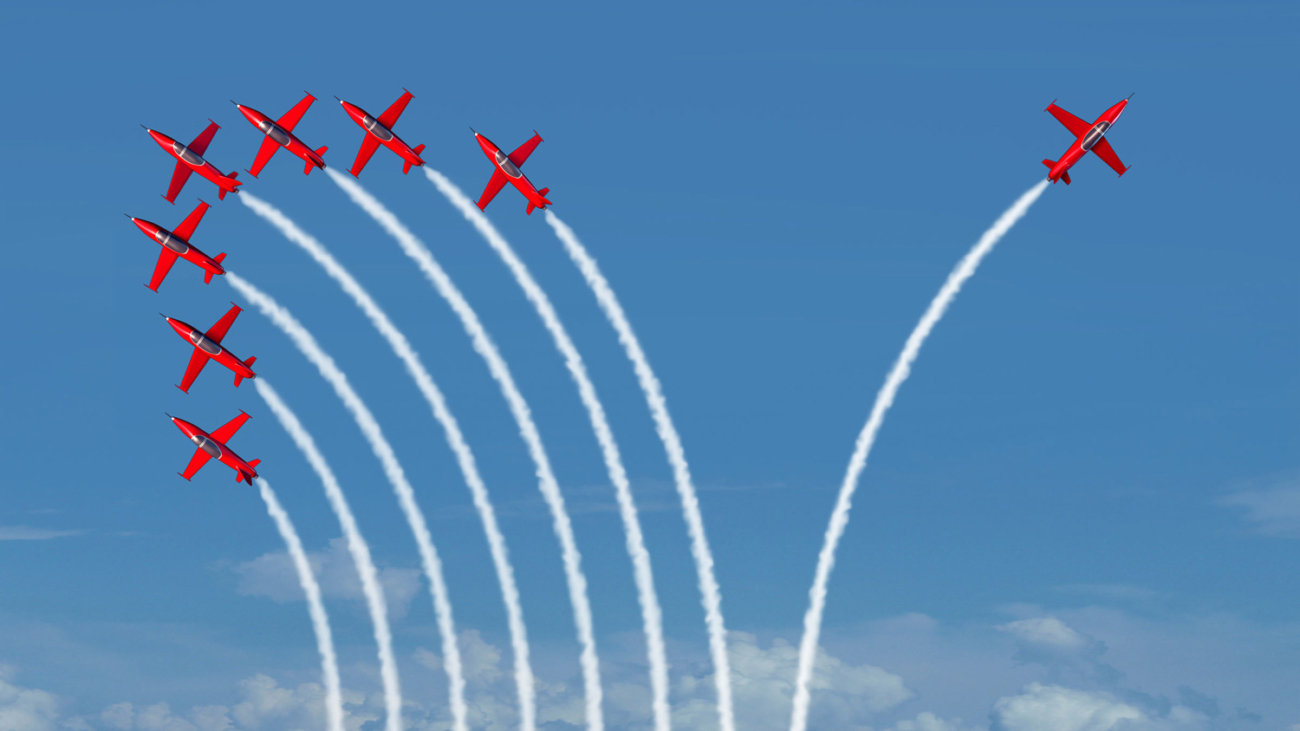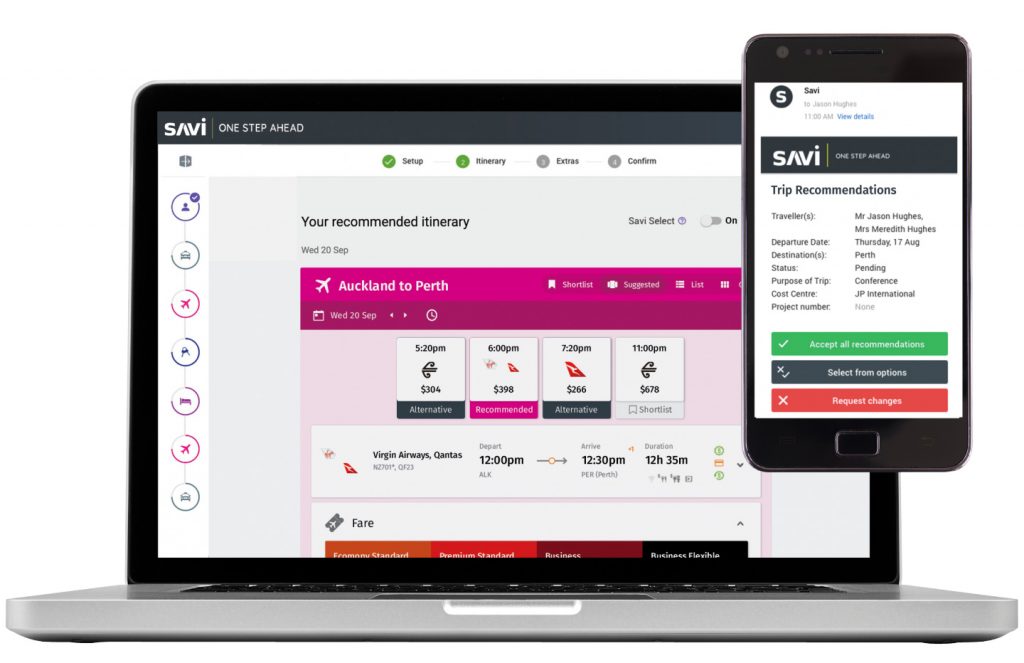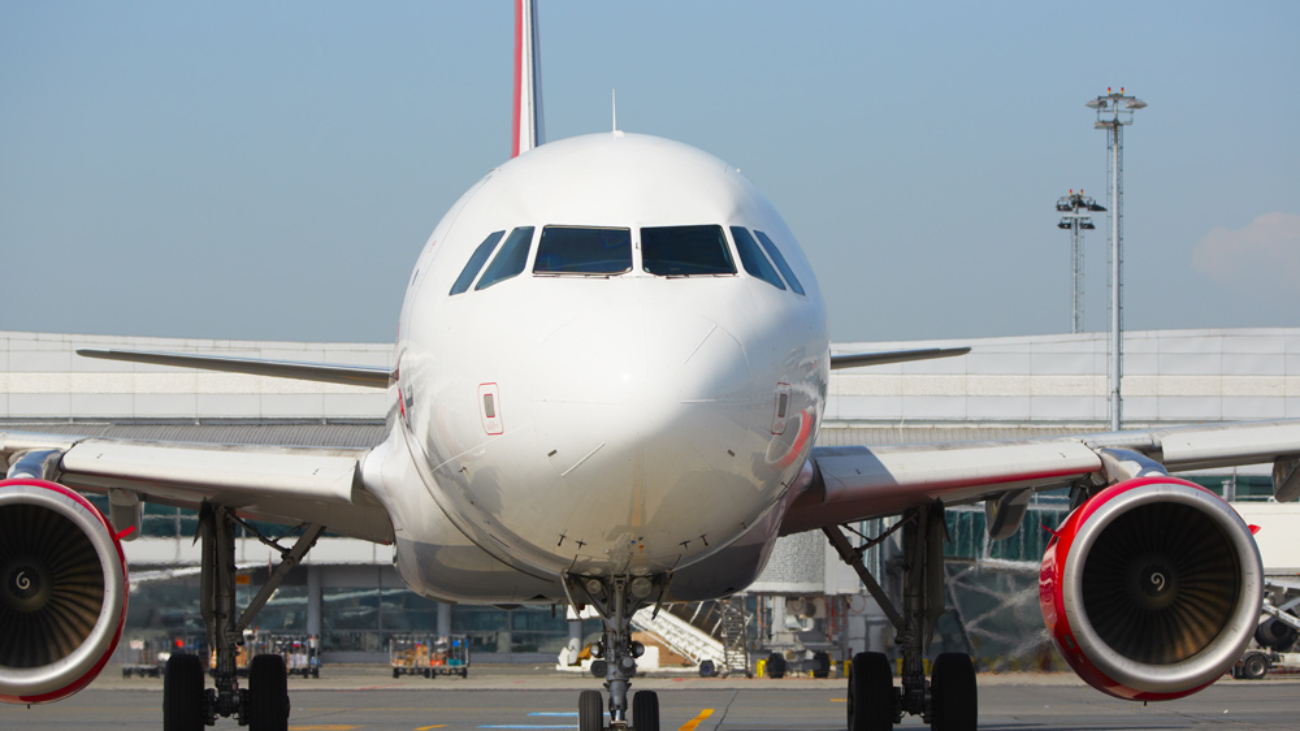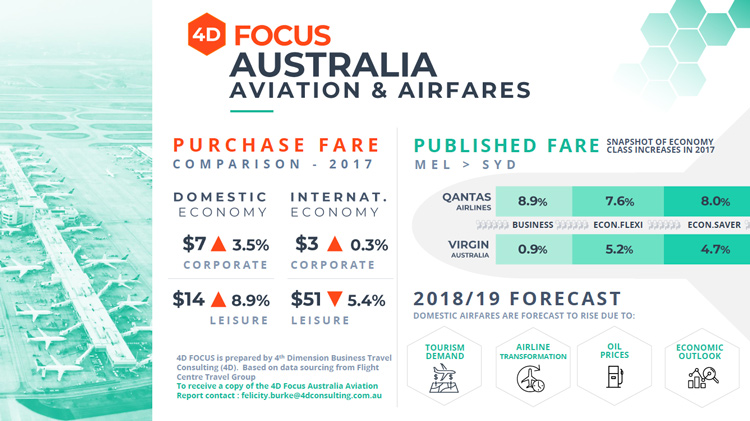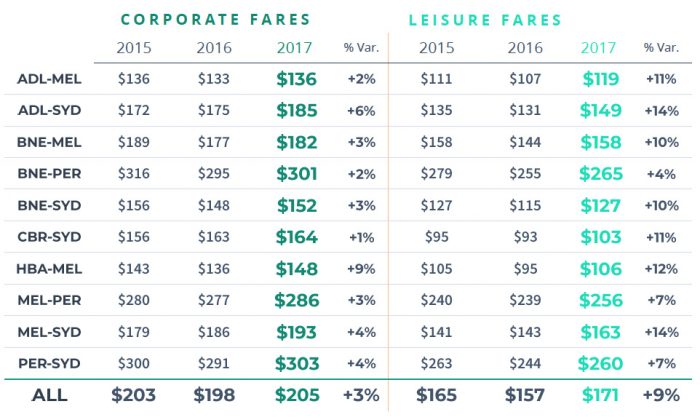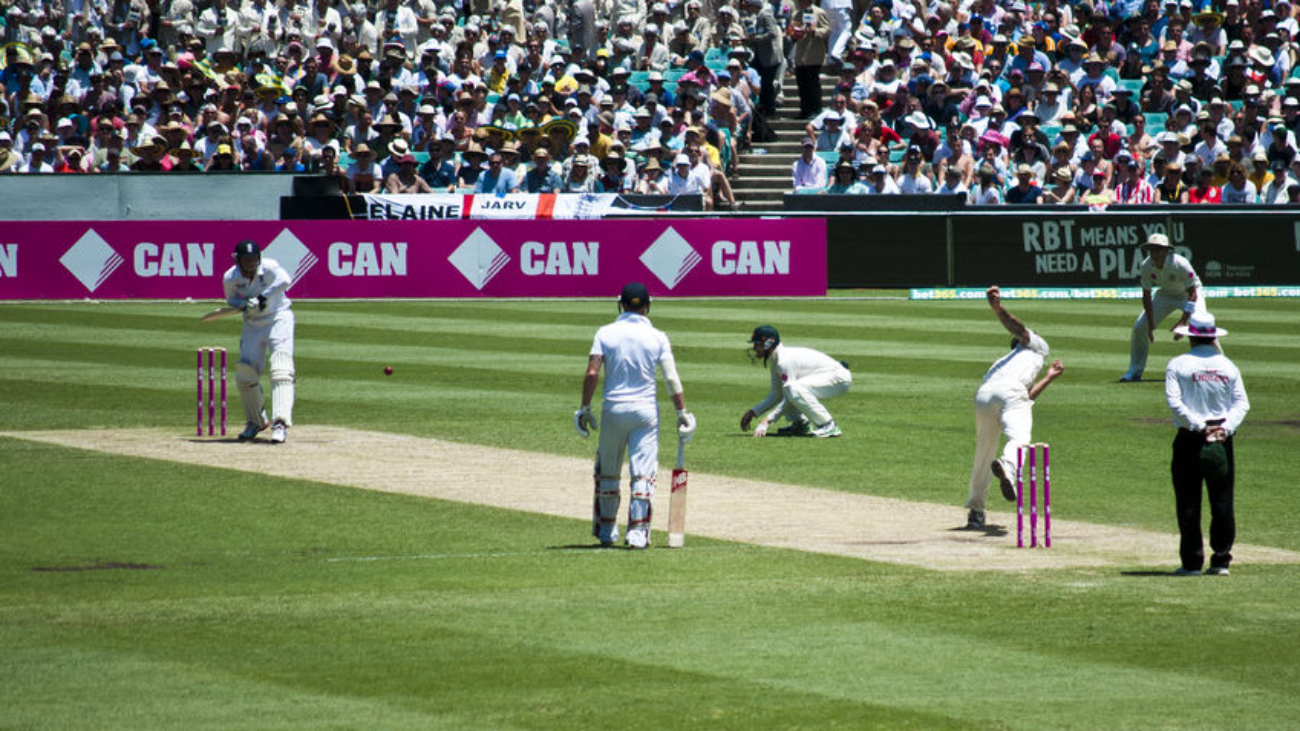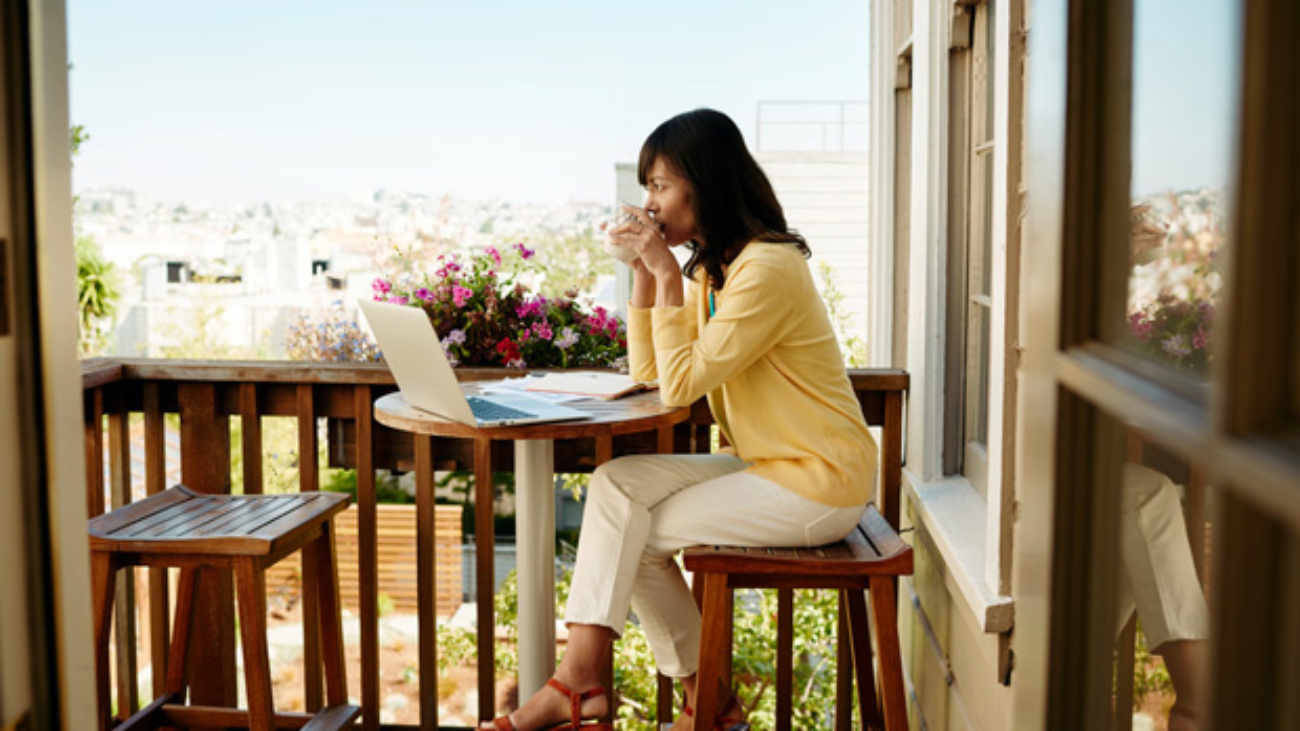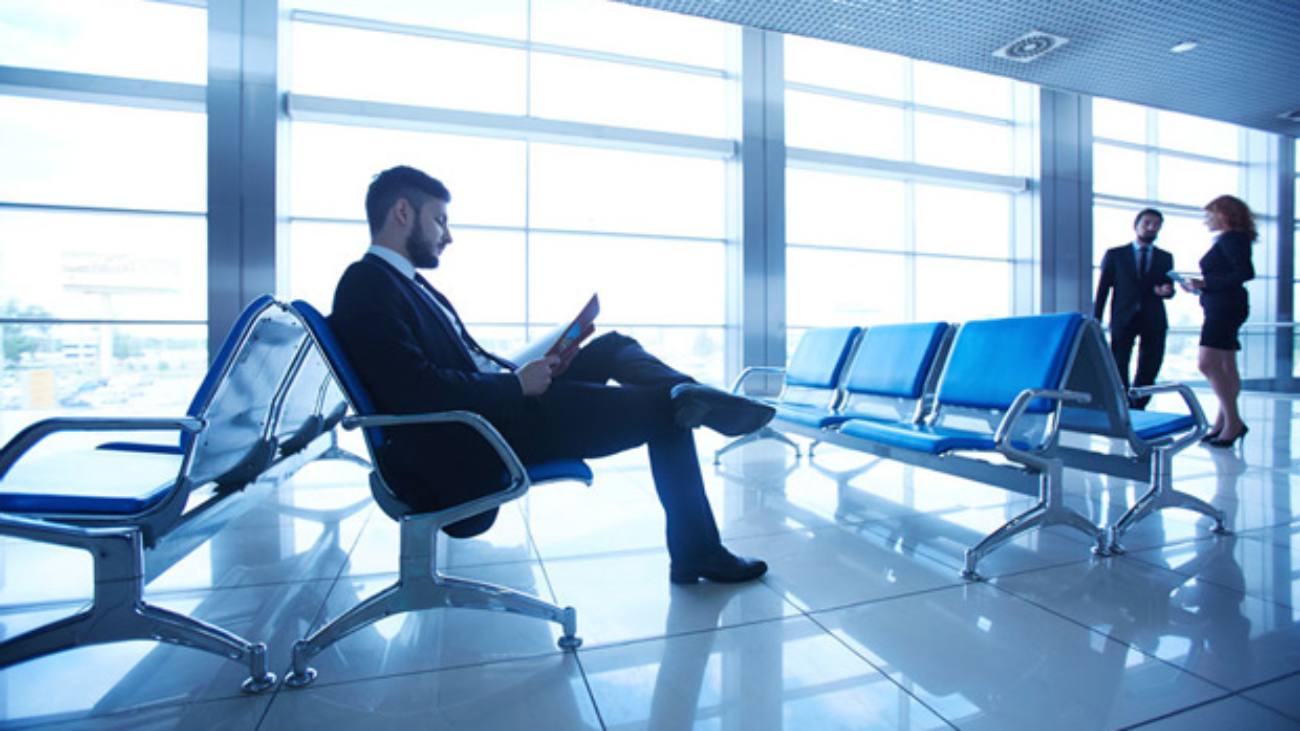With corporate travel continuing to rebound, SMEs are valuing more than ever the benefits gained through visiting customers, partners and teams in person.
SMEs preferring the benefits of face-to-face interaction are now able to apply for a Corporate Travel Grant with Flight Centre Business Travel. There are over $40,000 in travel grant prizes available to successful grant applicants.
Flight Centre Business Travel’s Global Leader Cameron Harris said that many of their customers are looking to increase their travel in 2024 to maximise growth opportunities.
“Having once been a small business ourselves, we understand the unique challenges that SMEs face and know just how beneficial grants of this size can be,” Mr Harris said.
“This year, we’ll once again be awarding one business a Corporate Travel Grant, valued at over $30,000 to help support their growth and success, whilst four runners-up will share in $10,000 worth of travel credit.
“We receive so much positive feedback from SMEs applying for these grants and are delighted to provide these opportunities.”
Last year, social change and anti-bullying advocate Project Rockit was named the major Corporate Travel Grant winner for 2023.
Project Rockit co-founder and CEO Lucy Thomas said winning Flight Centre Business Travel’s Corporate Travel Grant meant the world to their team by enabling them to expand their reach in person across the country.
“We’ve been able to reach schools all over Australia who otherwise would have completely missed out on joining the Project Rockit workshops at their schools,” Thomas said.
“Our core business hinges on sending passionate, highly trained young people out into schools all over the country to mobilise students against all forms of bullying and lead inclusive school communities.
“Winning the grant has not only enabled us to reach more schools, but also given our team a huge vote of confidence and galvanised morale knowing that we have such strong advocates in Flight Centre Business Travel.”
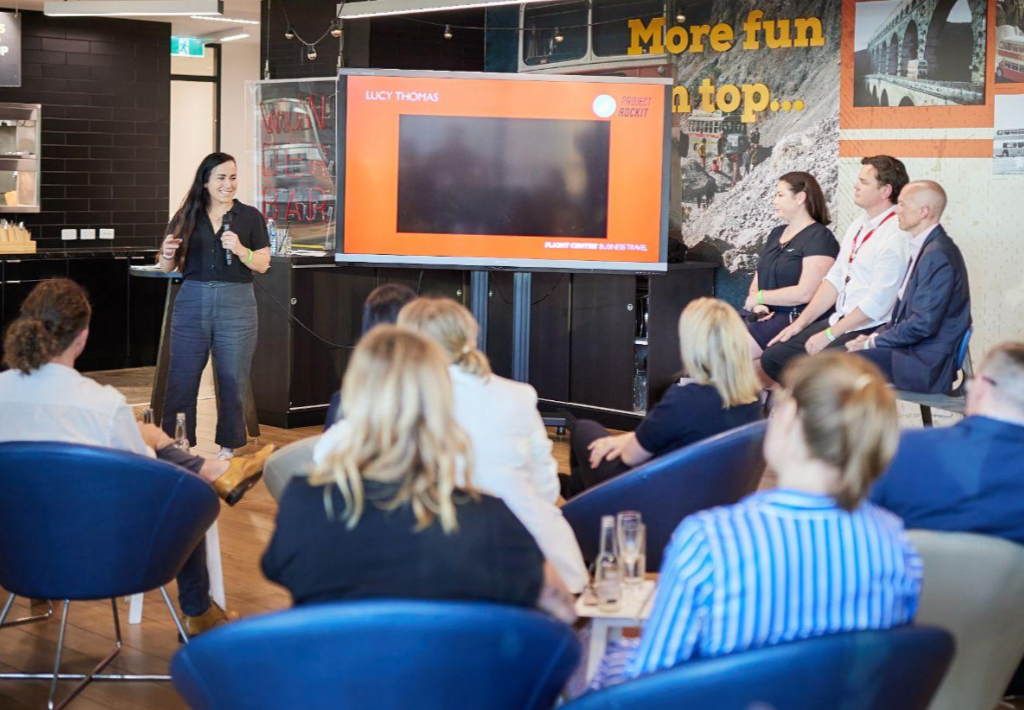
One of the 2023 Corporate Travel Grant runners up, Emily Bobis from Compass IoT, has found great value in partnering with Flight Centre Business Travel as a result of the grant application.
“Having a reliable travel management company has saved us countless hours trying to coordinate trips and multi-person bookings. It’s removed the internal booking burden so that we have more time to focus on the things that move the needle for our customers,” Emily said.
To apply and be in the running to take their business places with a $30,000 Corporate Travel Grant, SMEs need to answer three questions online and ensure they’re signed up to Virgin Australia’s Business Flyer program.
Flight Centre Business Travel will then fly 2 representatives from the selected top five applicants to its Global Head Office in Brisbane, to present their pitch in person to the selection panel.
Four runners up will win a share of $10,000 in Virgin Australia travel credit and two Velocity Gold memberships each.
Flight Centre Business Travel Grant
- To enter, simply complete the online application form by answering the following three questions, and sign up to Virgin Australian Business Flyer:
Q1. Your business story – tell us who you are, what you do and what makes your company great!
Q2. Business travel impact – how does corporate travel fit into your overall strategy and shape the bigger picture of your business?
Q3. Travel grant triumph – imagine the corporate travel grant in hand, what exciting doors do you see opening for your business, and how do you plan to make the most of this opportunity?
- First prize worth $30,000 includes $20,000 travel credit with Virgin Australia; two Platinum Velocity memberships; $5,000 IHG Hotels & Resorts accommodation credit; and $3,000 Hertz car hire credit.
- Four runners up will win a share of $10,000 in Virgin Australia travel credit and two Velocity Gold memberships each
- Entries close 5pm AEST, Monday 18 March 2024.
For full details, terms and conditions please visit: https://www.flightcentre.com.au/business/corporate-travel-grant-2024
